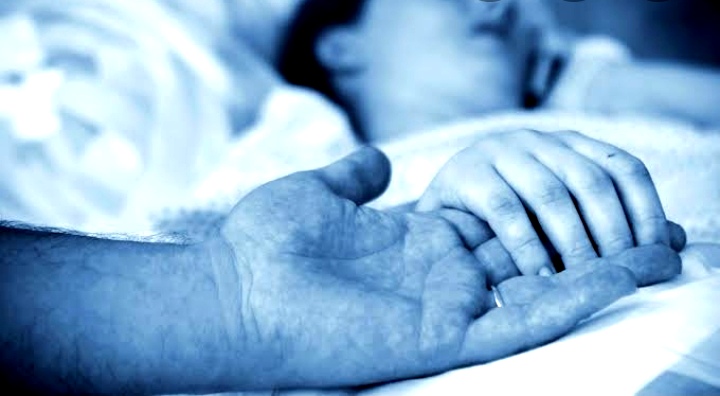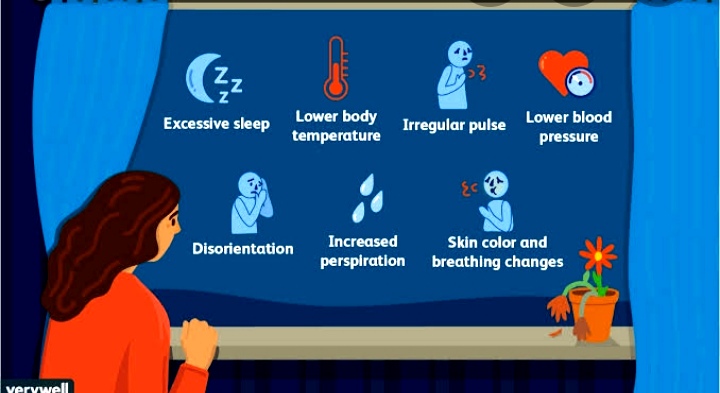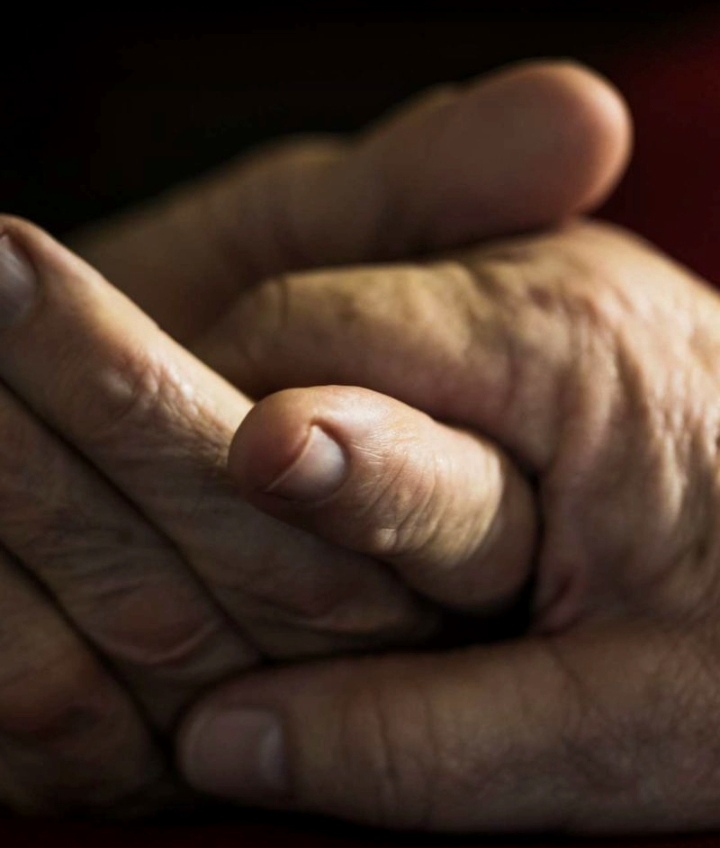How can you tell that your terminally ill loved one is approaching death?
Being able to tell when your loved one(s) is/are gradually moving on can be important. It could be beneficial in managing your grief especially when the inevitable happens. This fore knowledge helps us greatly, such that affairs are set in order before goodbyes are said.

Reactions of people to illnesses differ from person to person. However, upon closer examinations, in exclusion of death by accidents or any emergency situations, there are signs mostly shown by people.
These symptoms of imminent death usually shown by the deceased include the following:
REDUCED APPETITE
As the body approaches death, it begins to wind down. The body therefore requires less amounts of energy to operate. A sick person who is dying might completely refuse to eat few days before their death.

CHANGE IN SLEEPING PATTERN
This could also be termed a rehearsal to death. A person may begin to spend less time awake as the body’s metabolism becomes weaker
PHYSICAL CHANGES
As death approaches, especially for a terminally ill person, bodily changes are usually noticed. These may include:
- Changes in breathing pattern
- Reduction or increase in the perception of pains
- Fluctuation or change in vital signs
- Tendency to hallucinate
- Utter confusion
- Weakness of muscles
- Change in toilet habits
MAKING SPECIAL REQUESTS
People who are dying would often be seen making special requests such as:
- Asking for a long lost friend
- Eating a particular kind of food
- Seeing a particular photograph, etc.
Note: It has also been noticed that dying people usually ask for permission to die.
SOCIAL CHANGES
People who are close to death often withdraw from people. Sometimes, they stop doing what they previously enjoy. They can also begin to talk less. Although, it has been noted that children who are terminally ill talk more.
Caring for a terminally ill relative could be both mentally and emotionally tasking. However, knowing what to expect even as you care for them would also go a long way in helping to manage grief when they eventually pass away.


Brenda Chinwe Orie is a Nigerian Registered Nurse and Midwife.
She holds a degree in Nursing Sciences which she obtained from the Prestigious Abia State University with flying colors in 2013.
She uses her storytelling and creativity skills on her #NurseB community on Facebook where she teaches health behaviors using relatable Bedside experiences.
She had championed health courses such as #TheNurseBhealthybaby contest (An annual online contest for babies), #NurseBHomecarekit (A mini first aid kit for homes); the latest in her stables, #TheNurseBpregnancyjournal (A memoir for documentation on pregnancy).
She lives and works in Lagos, Nigeria.

